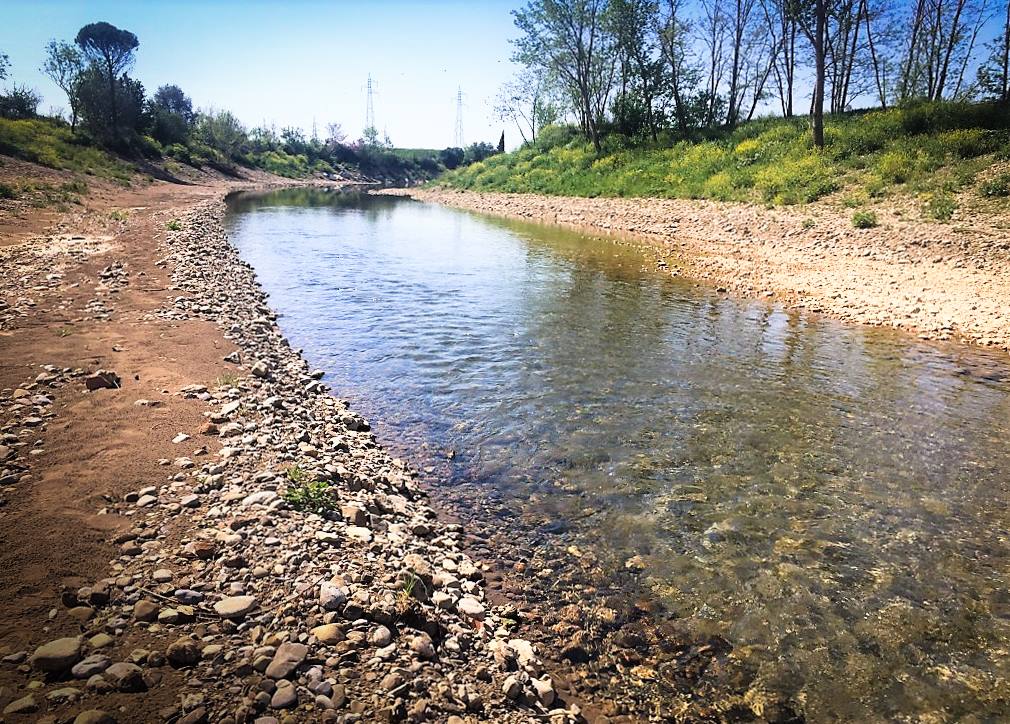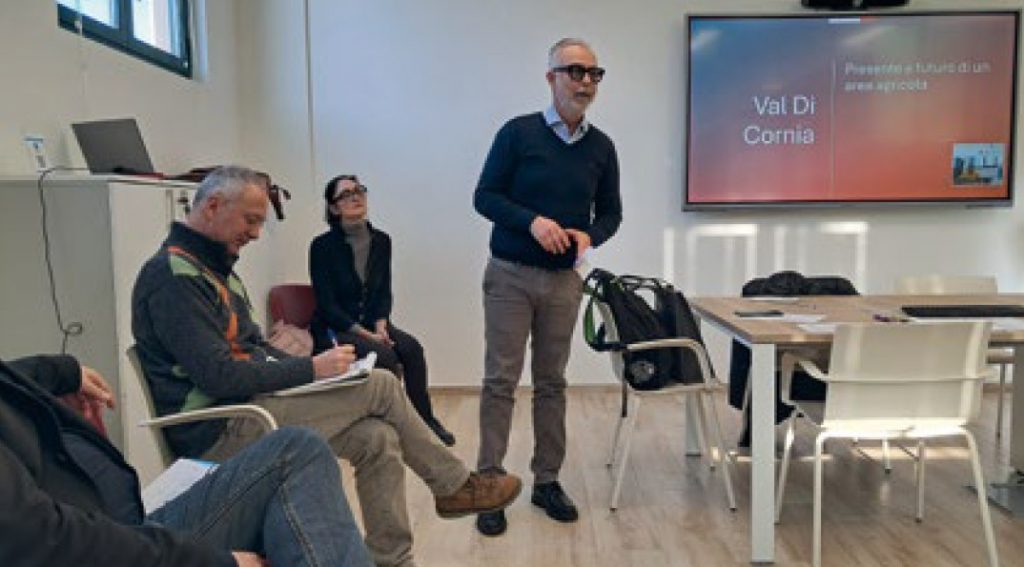
Livorno, Consorzio di Bonifica – Sustainability is at the heart of the debate on the future of agriculture in Val di Cornia, a historically agricultural region known as the “Garden of Tuscany.” The recent meeting of the Nexus Ecosystem Lab Val di Cornia, organized as part of the European PRIMA NEXUS-NESS project and the Val di Cornia UNESCO Observatory for Ecohydrology, brought together farmers, industry representatives, and researchers to discuss the critical challenges facing the sector and potential solutions for long-term resilience.

The goal, as highlighted by Rudy Rossetto from the Sant’Anna School of Advanced Studies in Pisa and coordinator of the project, is to develop an environmentally, socially, and economically sustainable model for Val di Cornia by 2030. This objective requires the integrated planning of key resources such as water and energy, alongside innovations in agricultural production. A comprehensive analytical assessment of the current situation was presented during the meeting to serve as a basis for this co-design effort.
The agricultural sector in Val di Cornia is facing mounting pressures, from rising production costs to bureaucratic burdens and generational turnover issues. According to Marino Geri, head of the Cia Val di Cornia (Italian Farmers Confederation), the number of farms in the area has declined from 1,093 in 2020 to 1,062 in 2023, with concerns that the trend will continue.
Another key issue is the drastic reduction in cultivated areas for several traditional crops. According to Artea data, the land dedicated to artichokes—a symbolic product of the region—has shrunk from 326 hectares in 2018 to just 190.9 hectares in 2023. Similarly, the cultivation of watermelons has dropped from over 70 hectares to 24.3 hectares, melons from 284.7 to 147.9 hectares, and spinach from 241.2 to a mere 24.3 hectares—a staggering -89.93% decline. The only exception is tomatoes, which have seen an increase from 161.3 hectares to 246.7 hectares over the same period.
Towards a Sustainable Future
To counteract these challenges, the Nexus Ecosystem Lab has proposed a series of measures to enhance irrigation efficiency, improve the international competitiveness of the sector, and promote climate-resilient crop varieties.
“We must rethink the role of agriculture and farmers themselves,” stated Cinzia Pagni, president of Cia Etruria. “The new challenges of innovation, technology, and environmental stewardship require a multifaceted approach to the profession. The political response must be urgent and tailored to the multiple needs of the sector.” Despite the difficulties, there is a sense of cautious optimism among the stakeholders. “Are we worried? Of course,” Pagni continued. “But we are also hopeful that people will realize that without agriculture, there is no future—not just for farmers, but for all of us.”
This collaborative effort between farmers, policymakers, and researchers—through initiatives like Nexus-NESS—could provide a roadmap for a sustainable and resilient agricultural system, ensuring the long-term viability of one of Tuscany’s most vital food-producing regions.
